Island hopping across the Mediterranean
Chris Carter finds some oases of tranquillity for the summer holidays

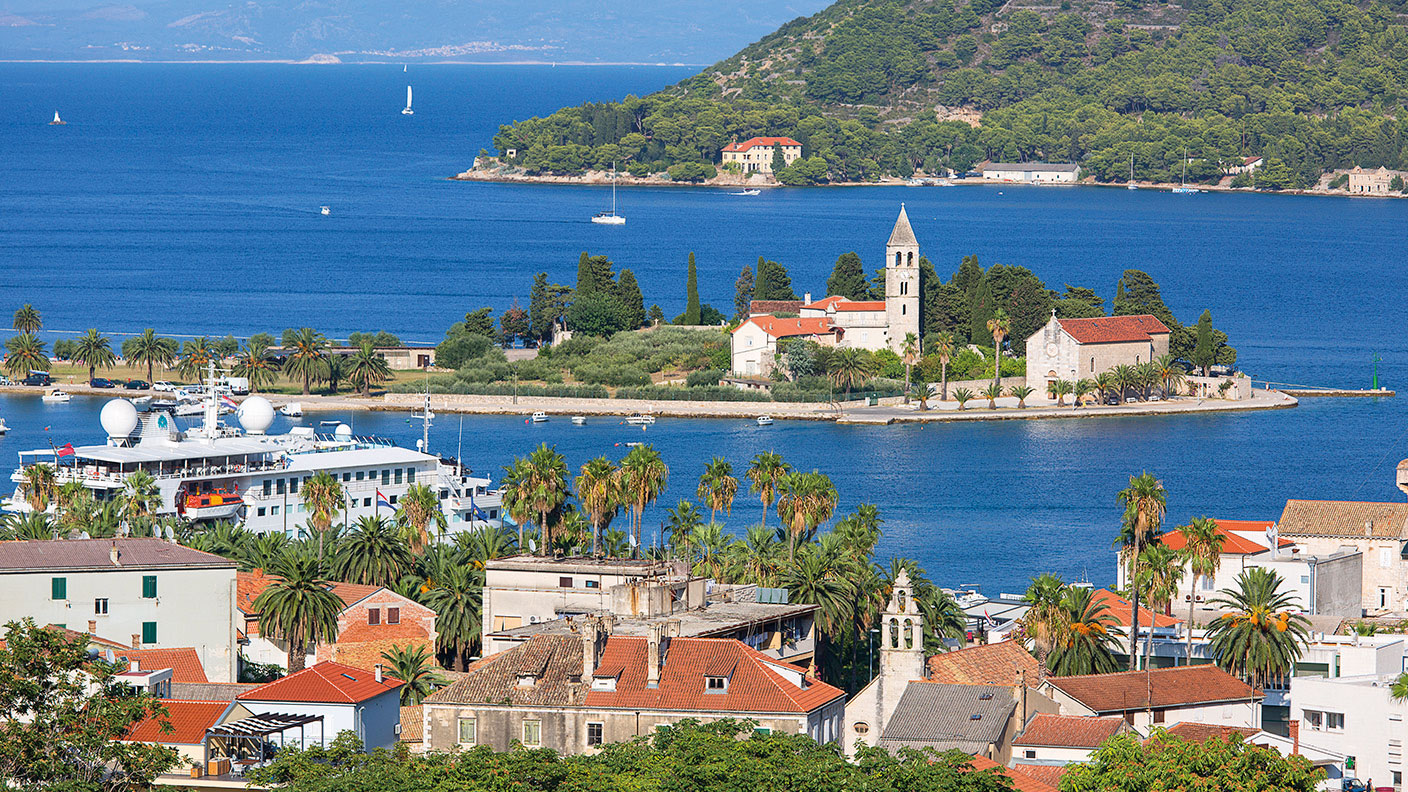
Get the latest financial news, insights and expert analysis from our award-winning MoneyWeek team, to help you understand what really matters when it comes to your finances.
You are now subscribed
Your newsletter sign-up was successful
Want to add more newsletters?

Twice daily
MoneyWeek
Get the latest financial news, insights and expert analysis from our award-winning MoneyWeek team, to help you understand what really matters when it comes to your finances.

Four times a week
Look After My Bills
Sign up to our free money-saving newsletter, filled with the latest news and expert advice to help you find the best tips and deals for managing your bills. Start saving today!
Croatian charm
The “exquisite, tiny island” of Vis is the furthest of Croatia’s islands from the mainland, says Laura Millar in the Metro. It produces some of the country’s best wines, making “a vineyard visit compulsory”. Vis Town and Komiza sit on opposite sides of the island, “both crammed with terracotta-roofed houses and waterfront seafood restaurants”. Rooms at the “charming” Hotel San Giorgio (hotelsangiorgiovis.com) can be had from £113 a night.
Brac is another island that is easily reachable from the coastal city of Split. It boasts Croatia’s most famous beach: “a tapering spit of pale sand, which juts proudly from a thick pine forest into dazzling turquoise waters, Zlatni Rat is more informally known as the Golden Horn”. Stay at the “stylish” Hotel Vitar (£128, hotelvitar.com).
Then there is the island of Mljet. Legend has it Greek hero Odysseus was shipwrecked on “this hilly little patch of paradise” after a storm. It’s barely populated and there are dozens of hiking trails to choose from. Hotel Odisej (adriaticluxuryhotels.com) is “pretty” and costs £153.
MoneyWeek
Subscribe to MoneyWeek today and get your first six magazine issues absolutely FREE

Sign up to Money Morning
Don't miss the latest investment and personal finances news, market analysis, plus money-saving tips with our free twice-daily newsletter
Don't miss the latest investment and personal finances news, market analysis, plus money-saving tips with our free twice-daily newsletter
The mysterious Aeolian islands
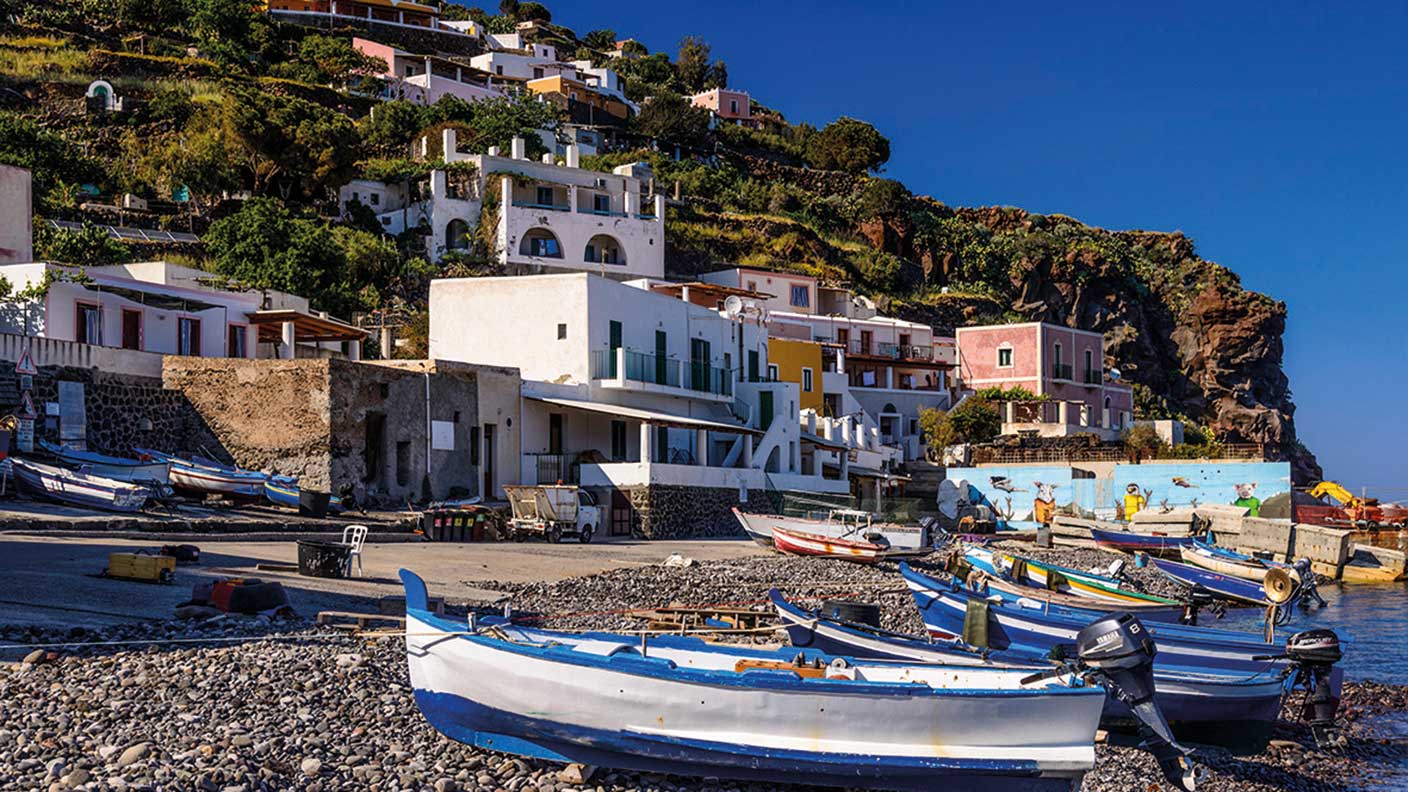
The Aeolian islands, north of Sicily, are beautiful, natural and mysterious – and none more so than Filicudi and Alicudi, two islands at the far western tip of the archipelago, says Antonia Quirke in Condé Nast Traveller. In Filicudi, Pecorini a Mare is the prettier of the two ports and a perfect spot for a drink. The island has something of 1950s Algiers about it, while “Pecorini’s one road is littered with squashed lemons that give a drifting aroma of pine and sherbet”.
There is no public transport, nor is there on Alicudi, which lies an hour away by ferry. However, a mule can be hired to follow along with baggage – “not a put-upon mule… but one that spends most of its day in the shade by the tide”. Telephone and electricity only arrived here in the 1990s. “Old men wilt in the cleft in the rocks, and a schoolgirl hauls a plastic bag heavy with one fat octopus.” The silence is “warm” and the sea an “electric-blue vastness below us”, while “people are reading or sleeping in villas up steep brooding gorges”. The place “seems to roost like a bird”.
The serene Cyclades
A statue of Erato, the muse of love poetry, stands at the entrance of Katapolo Bay on the island of Amorgos, the easternmost of the Cyclades in Greece, says Mark Stratton in The Daily Telegraph. With a lyre pressed against her chest and her marbled gaze cast faraway, she is perhaps wondering where all the tourists have gone. “I spent ten insouciant days island-hopping, finding uncrowded beaches, low prices, half-empty accommodation, and freedom, after such a torrid year.”
The “diminutive” island of Folegandros lies a further two hours’ sailing away, via Santorini. Despite the hit to tourism, coronavirus “may prove a historical hiccup for an island that saw Minoan, Venetian and Ottoman conquests”. The Minoans probably came up with the name for the island, “but I prefer the Phoenician derivation”. It translates as “‘rocky land’, exemplified by shattered hills, sometimes topped by out-of-the-way churches reached by zigzagging climbs with more hairpins than the road to Alpe d’Huez”. Everywhere is unusually quiet for this time of year. “The possibilities to venture onwards without the Cyclades’ usual summer crowds felt endless and tempting.”
The postcard beauty of Porquerolles
Porquerolles, the “splendid island balcony overlooking the Côte d’Azur”, is the largest of the three îles d’Or (the golden islands) floating in the gulf d’Hyères, say Florence Buades and Marius Delmas in Le Figaro. It is a mere stone’s throw from the mainland. Of its neighbours, Port-Clos remains the wildest of the three, while l’île du Levant has carved out a niche in naturist tourism.
Porquerolles forms the second lung of the Port-Cros and Porquerolles national park. It “draws a wide arc in a harmonious succession of wooded hills and fields, over long and sublime beaches of fine sand, fringed with vegetation and turquoise waters. Picture-postcard perfect!” The “big sister” of the archipelago also has more than 50km of paths for walkers and cyclists, running beneath “amazing vaults of eucalyptus”. At the centre of the island, a modern marina adjoins Porquerolles’ “charming” village, built around its 19th-century church and square.
Get the latest financial news, insights and expert analysis from our award-winning MoneyWeek team, to help you understand what really matters when it comes to your finances.

-
 Can mining stocks deliver golden gains?
Can mining stocks deliver golden gains?With gold and silver prices having outperformed the stock markets last year, mining stocks can be an effective, if volatile, means of gaining exposure
-
 8 ways the ‘sandwich generation’ can protect wealth
8 ways the ‘sandwich generation’ can protect wealthPeople squeezed between caring for ageing parents and adult children or younger grandchildren – known as the ‘sandwich generation’ – are at risk of neglecting their own financial planning. Here’s how to protect yourself and your loved ones’ wealth.
-
 Adventures in Saudi Arabia
Adventures in Saudi ArabiaTravel The kingdom of Saudi Arabia in the Middle East is rich in undiscovered natural beauty. Get there before everybody else does, says Merryn Somerset Webb
-
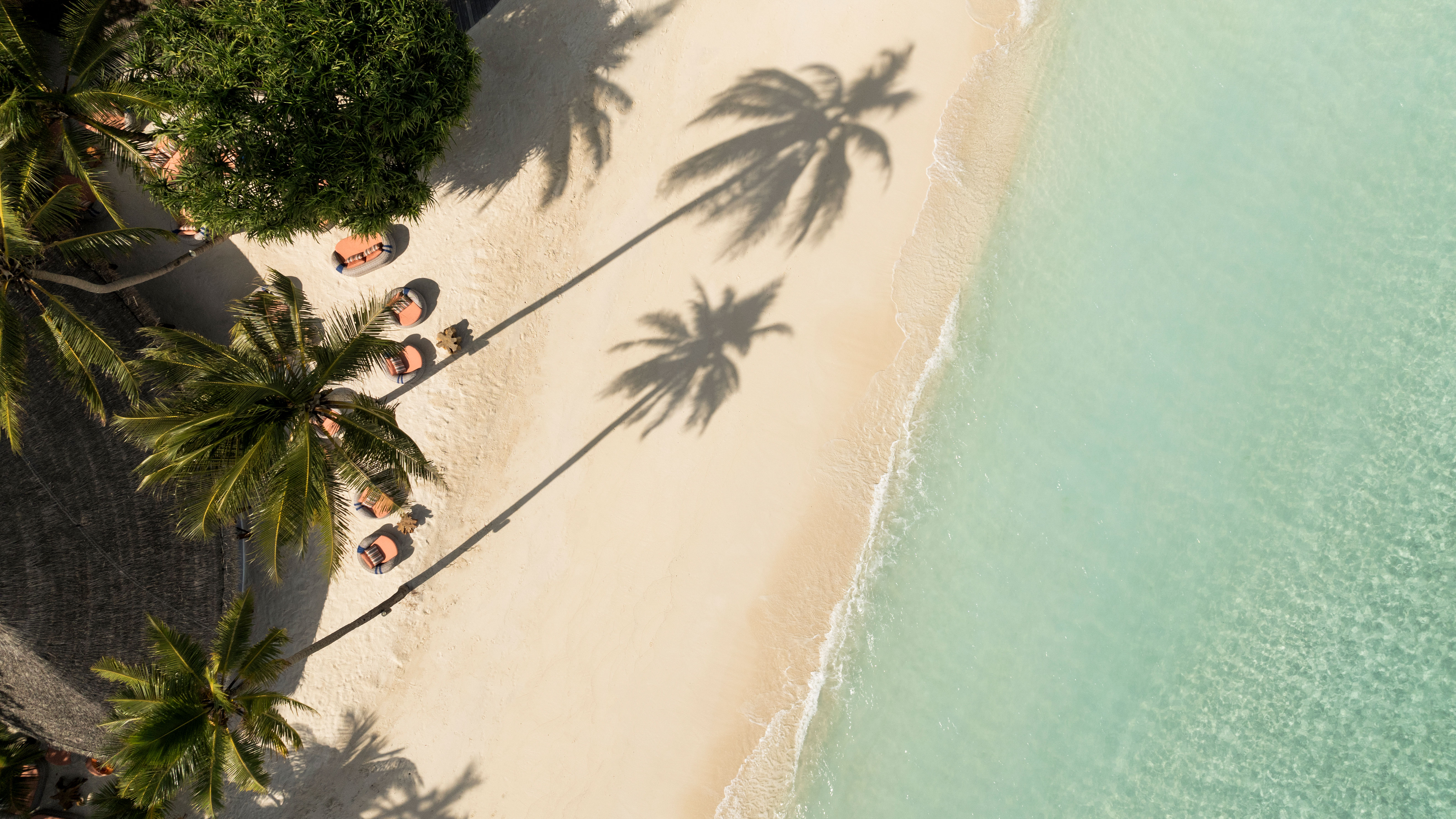 Review: Constance Moofushi and Halaveli – respite in the Maldives
Review: Constance Moofushi and Halaveli – respite in the MaldivesTravel The Constance resorts of Moofushi and Halaveli on two idyllic islands in the Maldives offer two wonderful ways to unwind
-
 Affordable Art Fair: The art fair for beginners
Affordable Art Fair: The art fair for beginnersChris Carter talks to the Affordable Art Fair’s Hugo Barclay about how to start collecting art, the dos and don’ts, and more
-
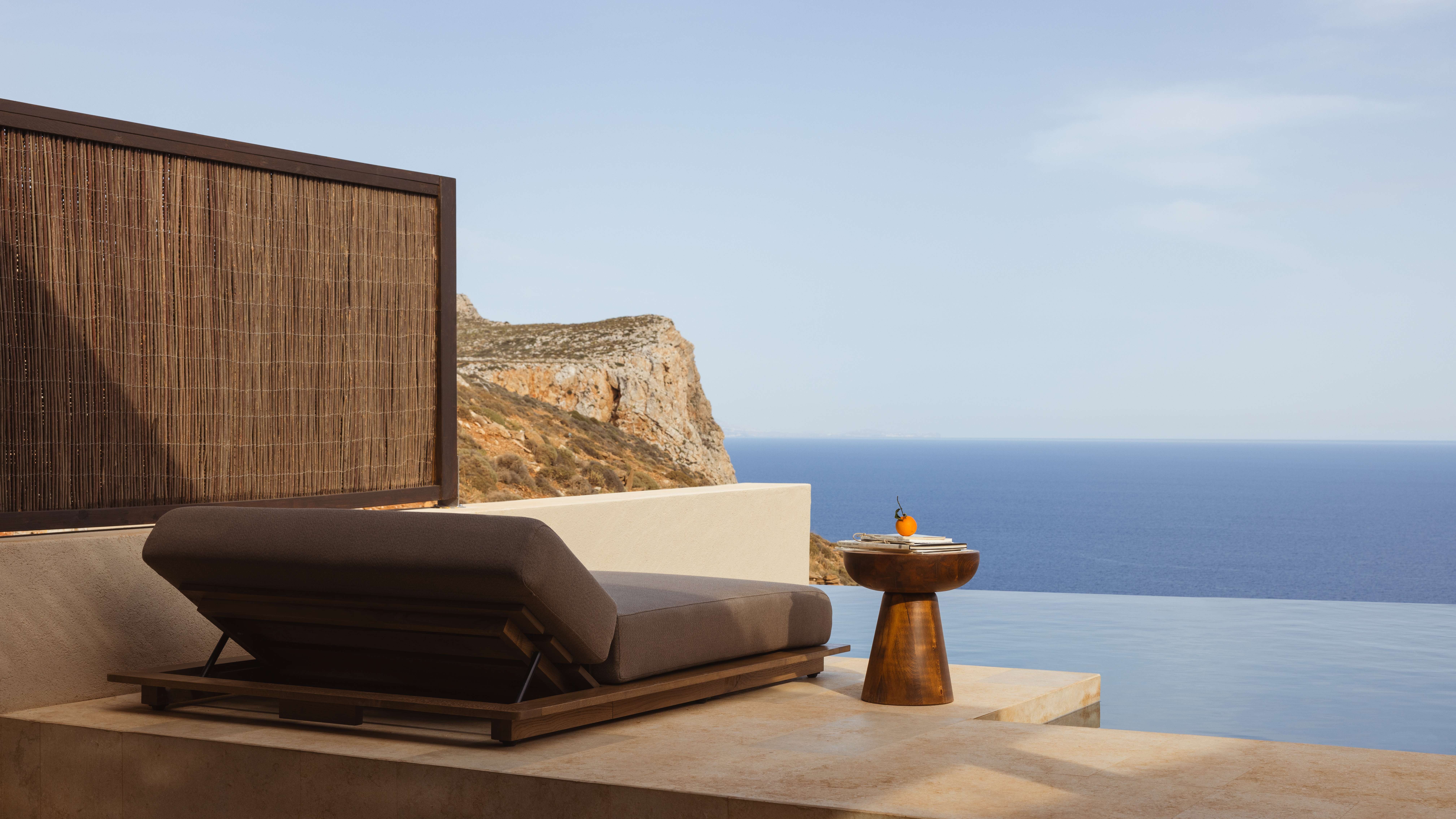 Review: Gundari, a luxury hotel in the Greek island of Folegandros
Review: Gundari, a luxury hotel in the Greek island of FolegandrosNicole García Mérida stayed at Gundari, a luxurious hotel on Folegandros, one of the lesser-known islands in the southern Cyclades in Greece
-
 Fine-art market sees buyers return
Fine-art market sees buyers returnWealthy bidders returned to the fine-art market last summer, amid rising demand from younger buyers. What does this mean for 2026?
-
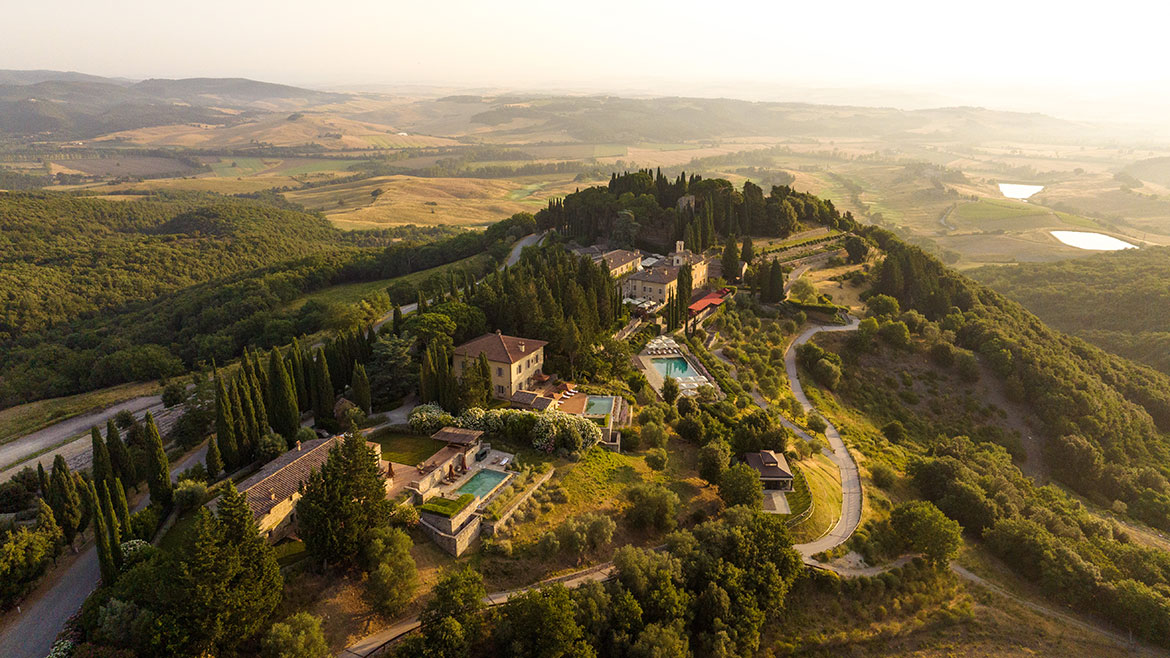 Review: Castiglion del Bosco, A Rosewood Hotel – a Tuscan rural idyll
Review: Castiglion del Bosco, A Rosewood Hotel – a Tuscan rural idyllTravel Play golf, drink exquisite wine and eat good food at Castiglion del Bosco, A Rosewood Hotel, all within the stunning Val d’Orcia National Park in Tuscany
-
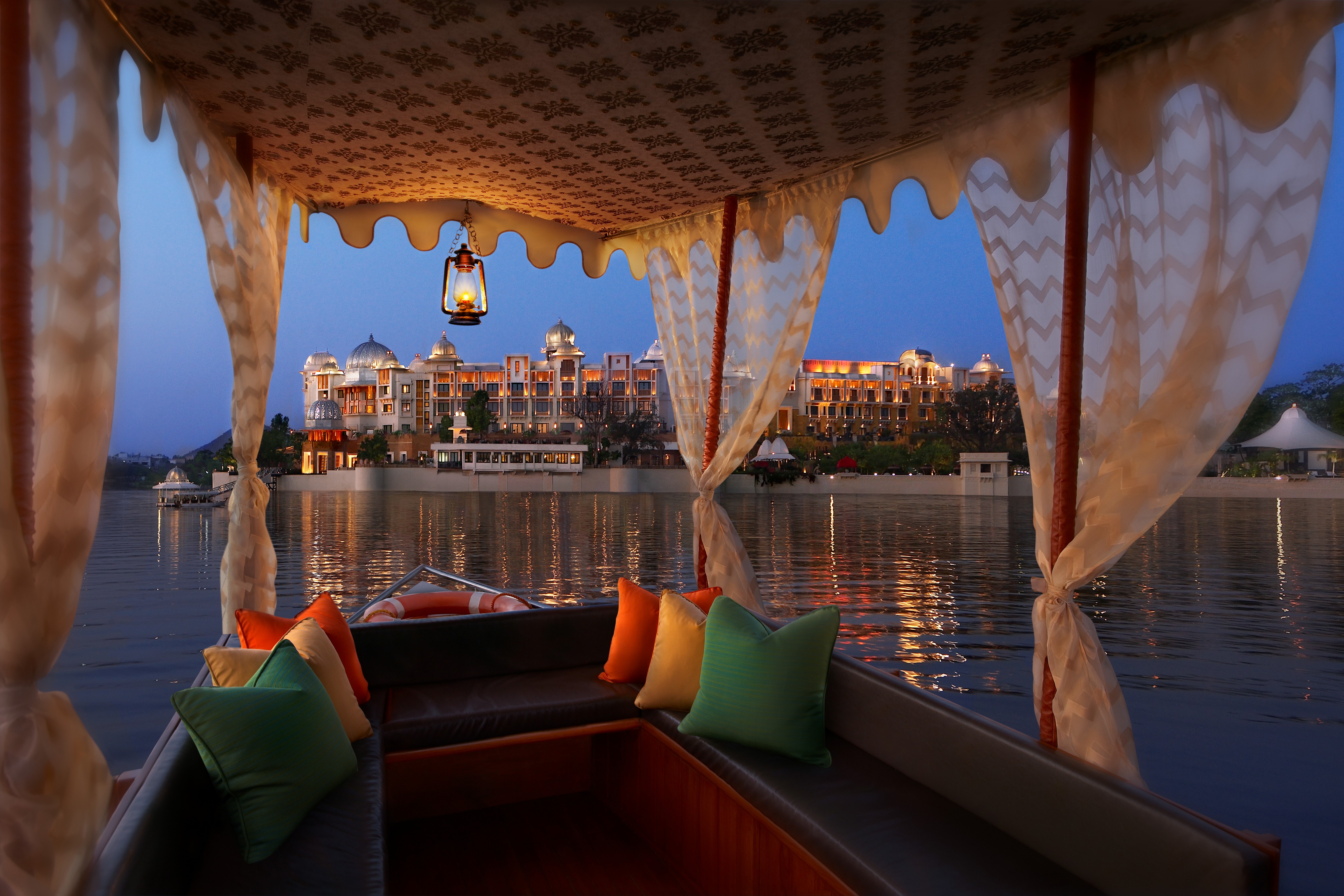 Review: A cultural tour of North India
Review: A cultural tour of North IndiaTravel Jessica Sheldon explores North India's food and art scene from three luxurious Leela Palace hotels in New Delhi, Jaipur and Udaipur
-
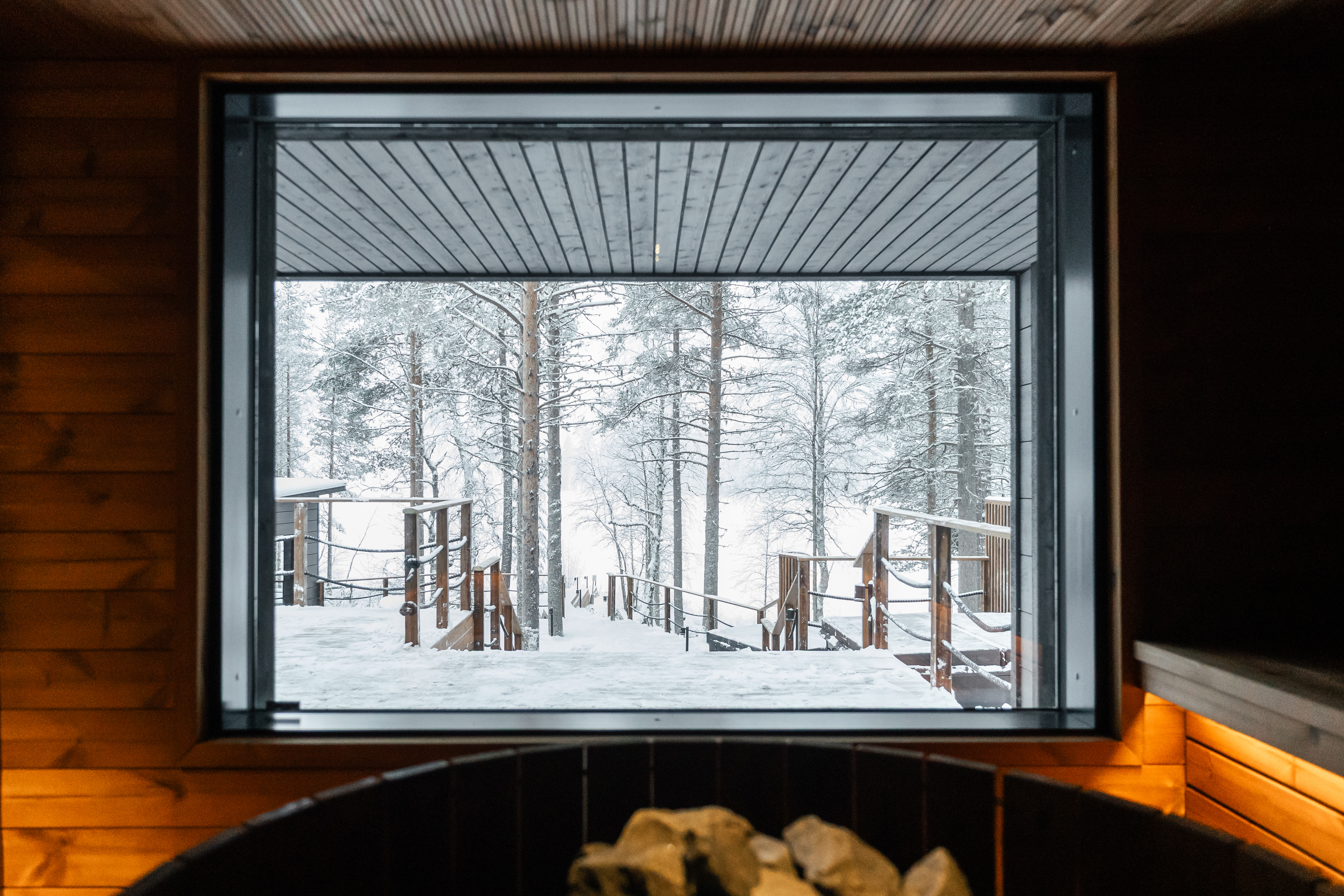 The best luxury saunas, spas and icy plunges
The best luxury saunas, spas and icy plungesRestore your mind and body with luxury fire and ice experiences, from warming saunas to icy plunges